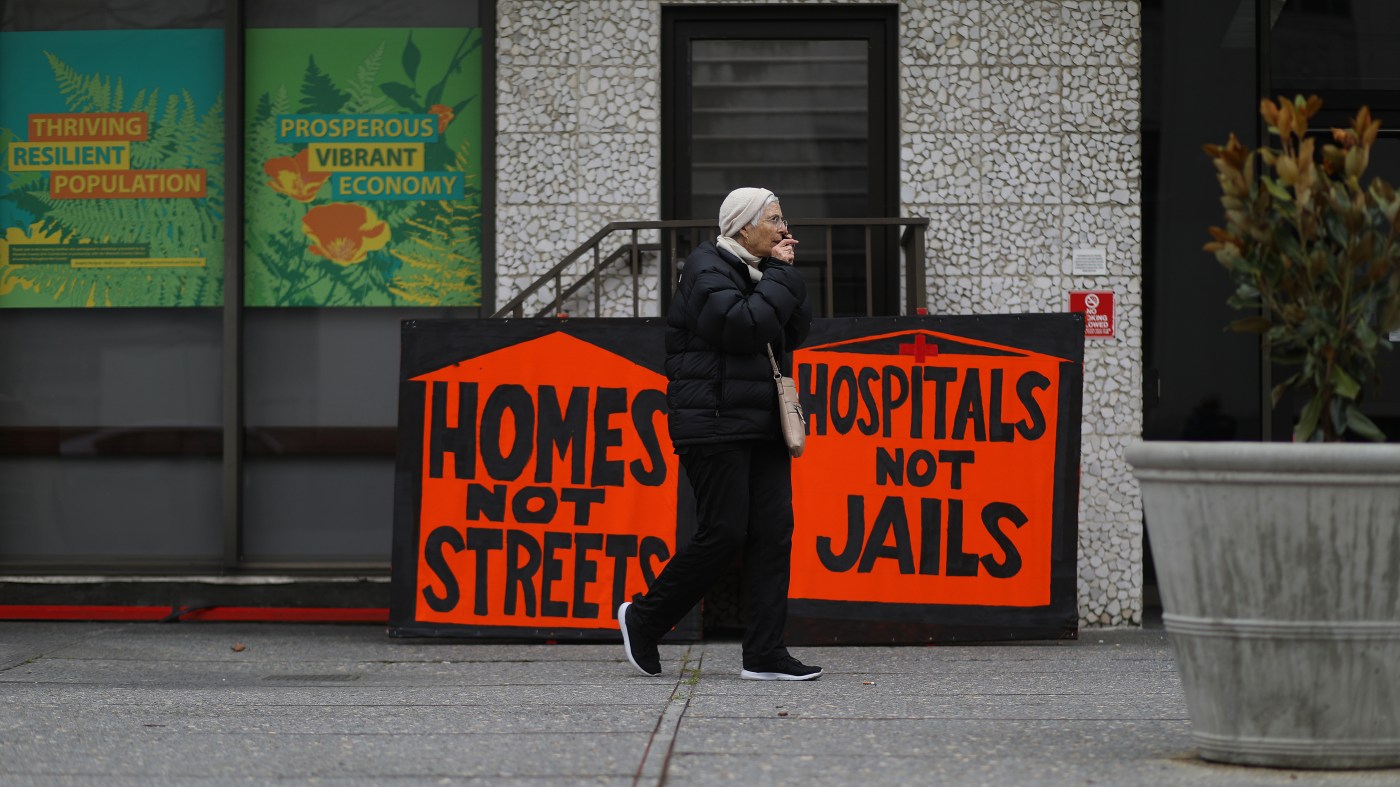Alameda County Health (AC Health) was awarded an additional $14 million to fund temporary housing services to alleviate homelessness among people struggling with behavioral health conditions.
The $14,040,909 grant comes from the state’s Behavioral Health Bridge Housing (BHBH) program, which previously provided AC Health with an award of $46,782,359. Alameda County must utilize the $60,823,268 of combined funding by June 30, 2027.
The county’s Behavioral Health Department (ACBHD) and Housing and Homelessness Services Program (AC Health H&H) hope to apply new state funds to the expansion of temporary housing capabilities that quickly place individuals with severe mental health needs into supportive housing, according to a press release from AC Health.
AC Health also aims to focus the investment toward strengthening family and natural support systems for those in unstable households, the release continued. Funding will also support initiatives to reduce homelessness among those transitioning out of the criminal justice system.
“We are deeply grateful to Governor Newsom and the state for this crucial support,” AC Health H&H Director Jonathan Russell said in a statement. “We aim to end unsheltered homelessness and this funding will allow us to expand our capacity to serve individuals with behavioral health needs.”
Recent counts identified 9,450 homeless people in Alameda County, a 3% decrease from 2022. Over two-thirds of the county’s homeless population were unsheltered, according to the estimates.
In July, Governor Gavin Newsom urged state agencies and local officials to ramp up sweeps of homelessness encampments. Some homelessness advocates expressed fear that the move would allow law enforcement to forego offering safe housing alternatives to homeless Californians — who make up almost 30% of the nation’s unhoused population.
AC Health also plans to apply the funding toward implementing the state-mandated Community Assistance, Recovery and Empowerment (CARE) Court program by early December. The program allows courts to order people with severe mental illness into treatment plans — including those struggling with homelessness who are too sick to accept care voluntarily.
CARE Court received criticism from some civil rights groups, who feared that the program would take away patients’ abilities to choose whether to seek treatment.
Related Articles
Letters: Child care | Embracing court | Democrats’ echo
Letters: BART accountability | Cruelty no answer | Not ousted | Cancel Trump | Gaza’s suffering
Letters: Trump and Fed | Complex issues | Diverse community | Hurting patients | Harris economy
San Diego’s safe sleeping program could inspire San Jose
How Bay Area cities are responding to Newsom’s calls for homeless sweeps after landmark Supreme Court ruling
The county hopes to increase enrollment of CARE Court participants in the Coordinated Entry system — a program that matches unhoused people with relevant resources. Funding will also go toward supporting family services, rehabilitating temporary housing and enhancing outreach.
“This funding will help ACBHD build a bridge to housing for CARE Court participants who are homeless and struggling with severe mental illness, substance abuse, and trauma,” said James Wagner, deputy director of Clinical Operations for ACBHD, in a statement.
Russell added, “By providing these services, we aim to move those who are homeless off the street and into safe, dignified housing, promote quick access to housing during critical transitions, and build capacity within both formal and informal support systems.”












